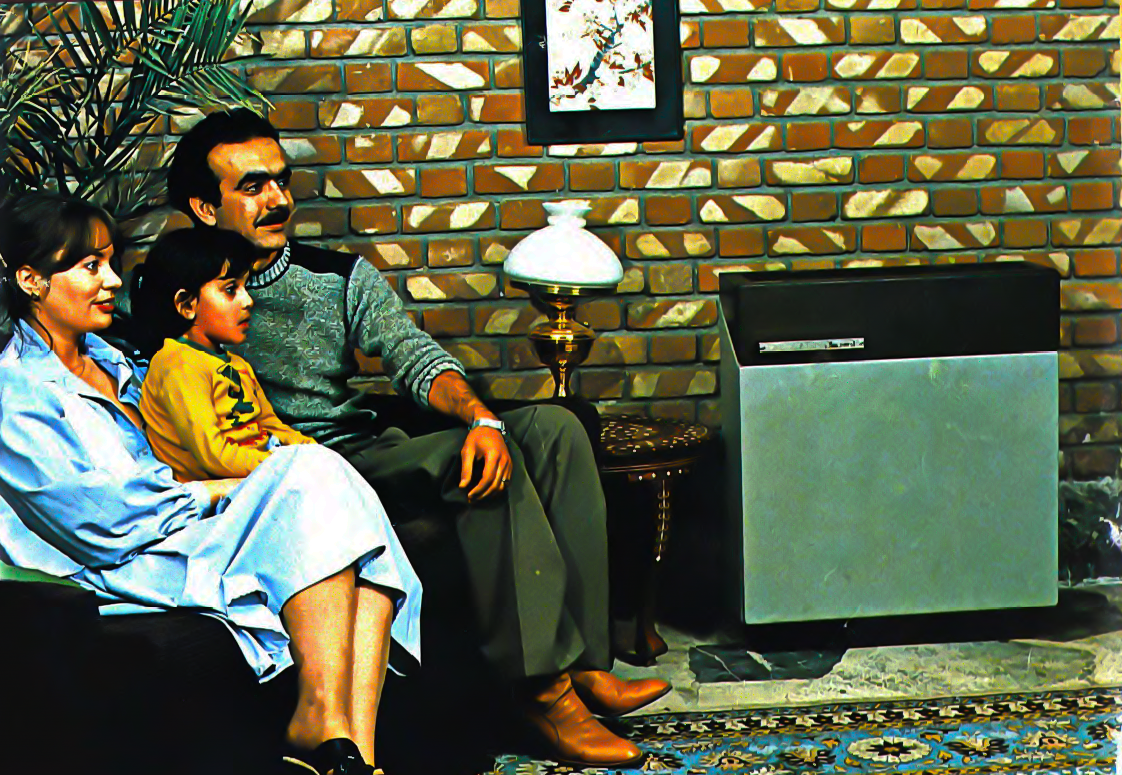From: Pacific Standard
Why Someone Named Monty Iceman Sold Doogie Howser’s Estate
Pacific Standard:
Nestled in the tony hills of Sherman Oaks, California, the capacious two-story home has almost everything. Outfitted with “glistening hardwood floors and beautiful moldings throughout,” the house features six bedrooms, a kitchen with a sailboat-sized island and a huge Sub-Zero refrigerator, a living room with a fireplace, rainfall showerheads, a mysterious upstairs “secret room,” and just about all the other accoutrement a rich prospective homeowner could ask for. If all that weren’t enough, the property, billed as a “Secluded Celebrity Compound,” once served as the centerpiece in a heartwarming episode of Oprah’s Next Chapter. Just outside the French doors, past the “outdoor Renato pizza oven,” the pool, and above the jacuzzi, Oprah lounged barefoot with its former residents, celebrities Neil Patrick Harris and David Burtka, and interviewed them about raising their two beautiful twins there.
…
In a 1983 review of the unusual name literature in Names, Guilford College psychology professor Richard Zweigenhaft emphasized the academic niche’s inherent limits. “[T]here has been a tendency among American psychologists, and among those who popularize their work, to generalize broadly and to over-simplify when it comes to analyzing the psychological effect of names,” Zweigenhaft wrote. “This has been particularly true of the claims made about ‘unusual’ names.” At the time, he concluded: “The results provide evidence that having an unusual name may have no observable negative effects, and, in some contexts and in some ways, may have positive effects.”
Read the whole story: Pacific Standard
More of our Members in the Media >




APS regularly opens certain online articles for discussion on our website. Effective February 2021, you must be a logged-in APS member to post comments. By posting a comment, you agree to our Community Guidelines and the display of your profile information, including your name and affiliation. Any opinions, findings, conclusions, or recommendations present in article comments are those of the writers and do not necessarily reflect the views of APS or the article’s author. For more information, please see our Community Guidelines.
Please login with your APS account to comment.